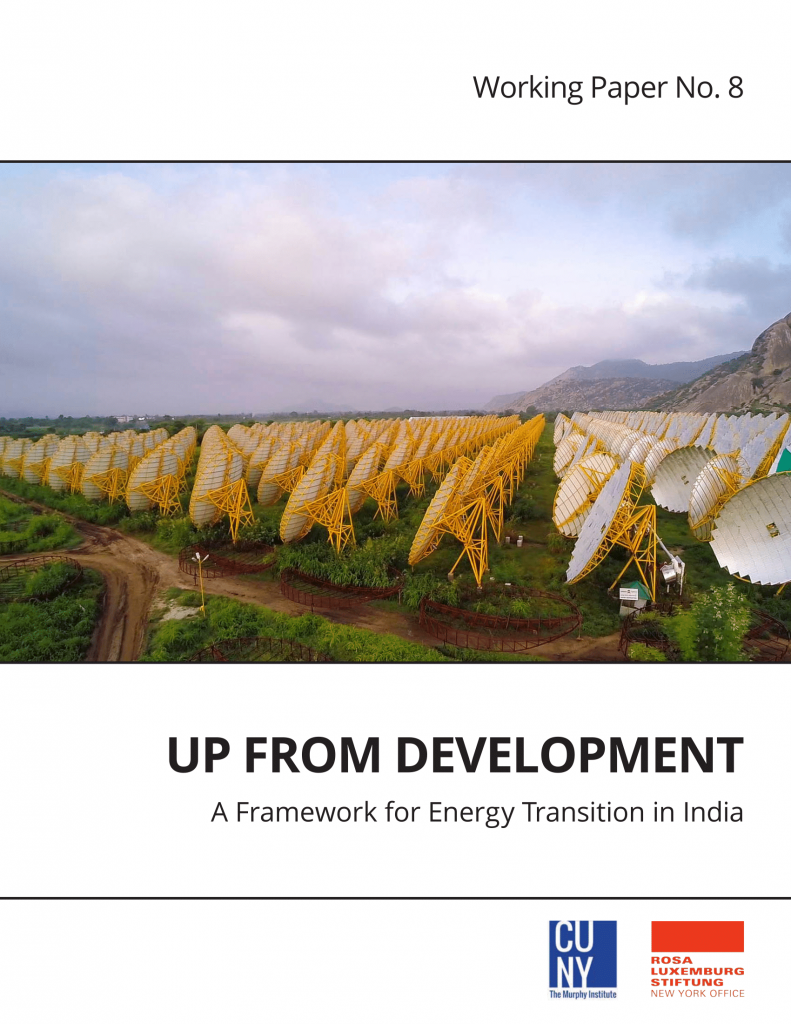It is a cruelly ironic aspect of the climate crisis that those countries that have contributed the least greenhouse gas emissions are facing the greatest impacts. This inequality between countries is mirrored within countries. Those most responsible for warming the planet—the wealthy and powerful—will not be the ones who bear the consequences. Even though the nations of the global South may not be to blame for the problem, it cannot be solved without them.
International climate negotiators have recognized this reality through the concept of “common but differentiated responsibilities” (CBDR). CBDR insists that all states have an obligation to address climate change but balances this obligation with a recognition that they are not equally responsible. Similarly, trade unionists, indigenous peoples, and the representatives of other vulnerable groups have pushed for a “just transition” to ensure that the shift from a fossil-based energy system to a renewables-based one does not happen on the backs of poor and working people.
“Just transition” remains a bit fuzzy as a concept, but the discussion is often dominated by the concerns of workers in fossil fuels and energy-intensive industries, especially in the global North. But a just transition in an industrial or post-industrial economy would look very different than in a developing economy, where large numbers of people are excluded from access to modern forms of energy and where the social infrastructure that industrialized societies may take for granted has not been established.
This TUED Working Paper is the first to be contributed by members of a participating union from the global South, India’s New Trade Union Initiative (NTUI). It is a national trade union federation that seeks to provide an independent, democratic, and militant voice for working people in India. Rohan Dominic Mathews, Susana Barria, and Ashim Roy outline what a just, democratic, and sustainable transition from fossil fuels (especially coal) to renewable could look like in India. Mathews is a PhD student in sociology at the University of Göttingen, Barria is a researcher previously associated with NTUI who is now with Public Services International, and Roy is NTUI’s founding General Secretary.
In India as elsewhere, the need to transition to a new kind of energy system opens up the opportunity to remake society in a manner that promotes democracy and social justice. But it also creates the risk that the “common sustenance of humanity” will be captured by private interests rather than be deployed for the public good. Which path we go down will depend on the organizational and political strength of working people. In this paper, the authors provide a clear-eyed analysis of the policies that unions and their allies can rally behind in order to ensure a truly just transition.
By Rohan D. Mathews, Susana Barria, and Ashim Roy
The full report can be read here.
